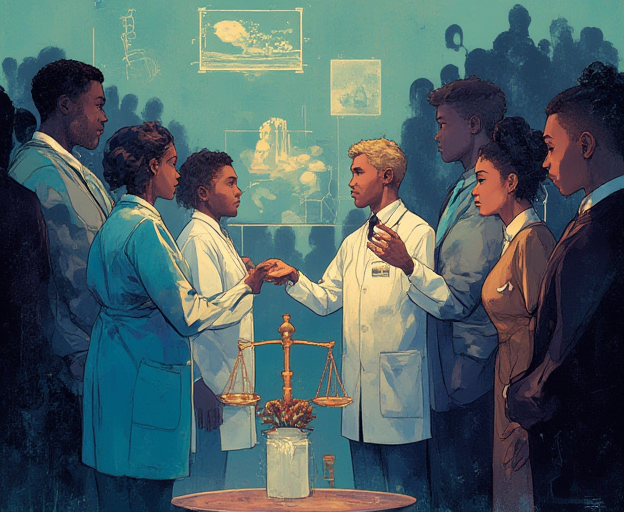Introduction to Gender Ideology and the Catholic Church's Role
In the rapidly changing cultural landscape, the Catholic Church faces the challenge of gender ideology. Marta Rodríguez Díaz, a recognized Catholic expert, offers insights on how the Church can tackle these issues effectively. Instead of confrontation, she advocates for a transformative approach, encouraging the Church to engage societal discussions with truth and compassion. Her viewpoints highlight the essential need for better education and understanding within the Church, particularly regarding gender matters.
The Mission of the Church in Addressing Gender Ideology
Marta Rodríguez Díaz, a philosophy professor at the Pontifical Athenaeum Regina Apostolorum, emphasizes the Church's role as a guiding light in discussions surrounding human identity in our current culture. She believes the Church should engage in thoughtful dialogue that showcases the value and dignity of every individual, rather than issuing general condemnations that resonate only with those already familiar with Church teachings.
The Importance of Comprehensive Education
Rodríguez highlights the necessity for extensive educational initiatives within the Church to equip pastoral workers with the tools to communicate Catholic teachings on gender and identity effectively. She identifies a significant gap in understanding and communication as a critical obstacle to the Church’s credibility on this issue. By advocating for thorough training in Christian anthropology and moral theology, Rodríguez asserts that the Church must evolve its pastoral approach to connect with contemporary society, ensuring the enduring beauty of the Gospel remains accessible.
Cultural Shifts and Their Impact on Gender Understanding
Today’s society experiences various influences that shape gender perceptions, including media, family structures, and cultural norms. Rodríguez notes the confusion arising from blurred gender roles and unstable family environments, which creates a lack of positive role models for youth. Despite the external pressures from social and traditional media, she contends that the Church's failures in articulating its rich teachings present an opportunity for reflection and growth.
Acknowledging the internal and external challenges, Rodríguez suggests that the Church can improve its messaging by incorporating personal experiences and truths into its teachings. While it is crucial to recognize the socio-cultural factors contributing to gender identity confusion, she asserts that the Church has a responsibility to provide guidance rooted in theological and moral truths.
Conclusion: Navigating Complexity with Truth and Compassion
Marta Rodríguez Díaz offers a thoughtful perspective on how the Church can address the complexities of gender ideology with truth and compassion. She underscores the importance of adapting to modern culture while remaining true to divine truths about human identity. According to her, the Church's role is to support individuals on their journeys, extending love and patience similar to the example set by Jesus. By fostering a compassionate and listening Church, there is hope for authentic identity development grounded in wisdom and care.

